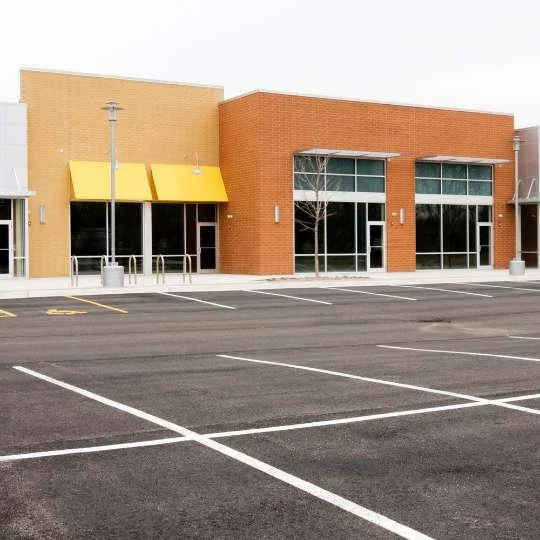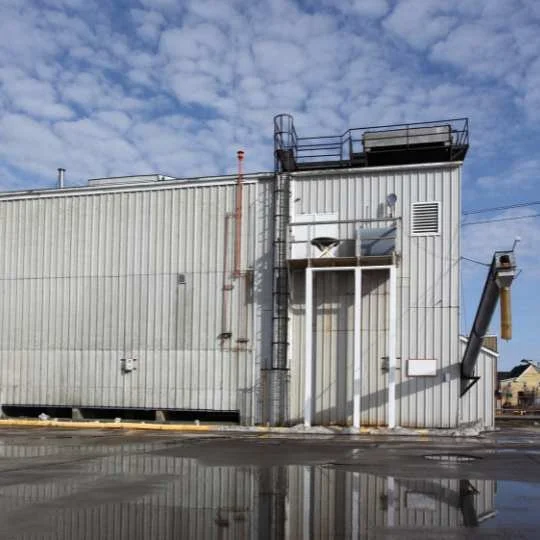
Real Estate Receiver
Our team of court-appointed real estate receivers is available to provide assistance and support.
Having overseen assets worth billions of dollars, our receivers/referees possess extensive expertise in managing and overseeing a diverse range of properties including office spaces, industrial sites, self-storage facilities, single-family homes, condominiums, apartments, parking lots, undeveloped land, and even equestrian properties.
What does receiver mean in real estate?
In the context of real estate, a "receiver" refers to an individual or entity appointed by a court to manage, oversee, and potentially rehabilitate a distressed property or real estate asset. This appointment typically occurs when the property is facing financial challenges, legal disputes, or operational issues that require intervention. The role of a real estate receiver involves taking control of the property's operations, finances, and management, with the aim of stabilizing the asset's condition and preserving its value. Receivers are often appointed to ensure that the property continues to generate income, maintain physical upkeep, and comply with legal obligations during periods of uncertainty.
Real Estate Court Receiverships can be a complex legal process, and the receiver's responsibilities may vary based on the specifics of the situation and the court's directives. Their tasks may encompass rent collection, property maintenance, resolving tenant issues, handling financial transactions, and working to enhance the property's value. Ultimately, the goal of appointing a receiver is to protect the interests of all stakeholders involved, including lenders, creditors, tenants, and the property owner. Receivership serves as a mechanism to bring stability to troubled properties and pave the way for potential recovery or resolution of the challenges they face.
What is the difference between a real estate receiver and a real estate trustee?
A real estate receiver and a real estate trustee are distinct roles in the realm of property management and ownership. A receiver is typically court-appointed to manage a distressed property, handling operations and financial matters to stabilize it during legal or financial challenges. On the other hand, a real estate trustee is often designated by a property owner in a trust arrangement, responsible for managing the property according to the terms of the trust document. While both positions involve overseeing real estate, a receiver's appointment is often reactive to a specific situation, while a trustee's role is more proactive and operates within the parameters of a predetermined trust agreement.
Discover the ways our real estate receivers can provide assistance:
A real estate receivership arises from enforcing a deed of trust/mortgage, with a receiver appointed to safeguard rents during foreclosure. Appointments are usually based on specific performance or an assignment of rents in loan documents, yet not mandatory. A receiver might gain possession during judicial foreclosure to prevent property loss, damage, or unmet deed of trust/mortgage terms. They're also applicable if property value is below the debt secured. Common property types subject to receivership include income properties.
-

Multifamily Property Receivership
Covering a range from duplexes to expansive apartment complexes, our group has overseen more than 10,000 apartment units across the nation. Our experience spans various multi-family receivership scenarios, encompassing everything from substandard housing to upscale properties and those facing environmental challenges. Our proficiency extends to health and safety concerns, with routine handling of issues like mold, lead paint, bedbugs, roaches, and sub-standard conditions.
-

Office Real Estate Receivers
Across a spectrum ranging from low-rise to mid-rise office properties, including mixed-use spaces, FedReceiver, Inc. has effectively managed receiverships for office buildings. These cases often involve intricate lease-up challenges, deferred maintenance, and tenant defaults.
-

Retail Space Receiverships
We've overseen single tenant retail properties as well as expansive anchored neighborhood shopping centers. Our receivership expertise encompasses lease-up strategies, CAM reconciliations, addressing deferred maintenance, devising marketing plans, and ensuring ADA/health & safety compliance.
-

Industrial Properties Receivers
Within the realm of NNN industrial properties, we manage everything from stand-alone buildings to multi-building industrial parks. Our services extend to handling significant tenant improvement initiatives, environmental cleanup efforts, CAM reconciliation projects, and addressing deferred maintenance, all tailored to the specific needs of each situation.
-

Medical Office Building Receiverships
Ted Lane’s team has been designated as the receiver for various medical office buildings, each presenting distinct challenges. These challenges encompass maintenance standards, specialized common area necessities, parking, access problems, and adherence to code compliance.
-

Gas Station Receivers
We have brought together a team of specialists well-versed in overseeing, operating, and selling gas station, carwash, and C-Store properties. Our extensive experience includes numerous receiverships involving prominent national gas station brands.
